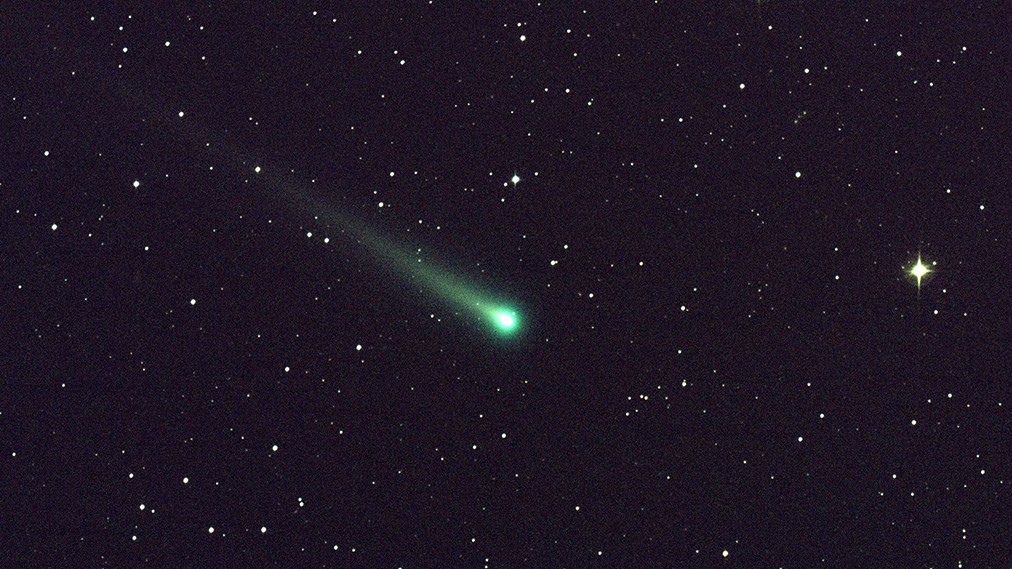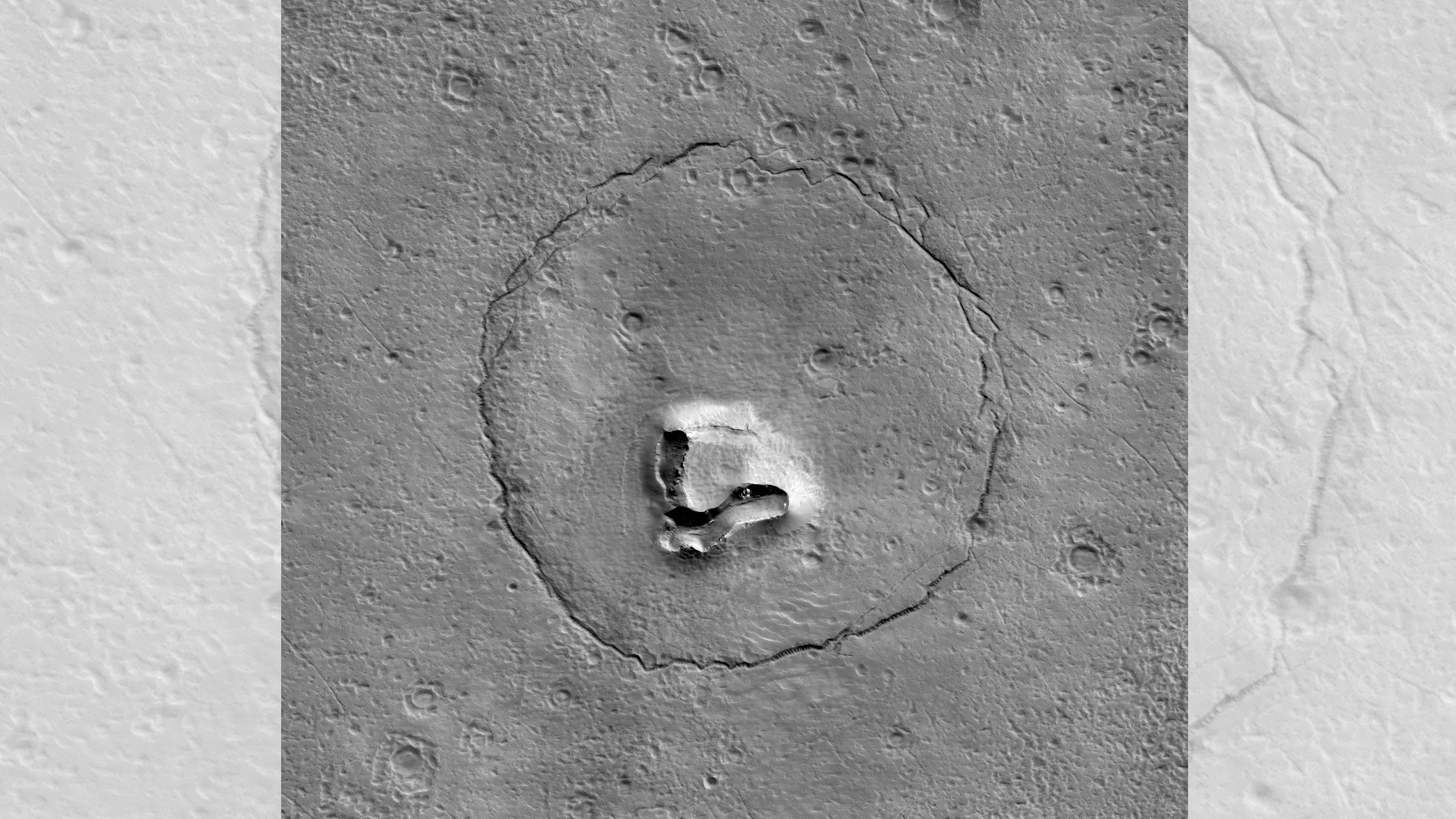
Brandon Specktor
Brandon is the space/physics editor at Live Science. His writing has appeared in The Washington Post, Reader's Digest, CBS.com, the Richard Dawkins Foundation website and other outlets. He holds a bachelor's degree in creative writing from the University of Arizona, with minors in journalism and media arts. He enjoys writing most about space, geoscience and the mysteries of the universe.
Latest articles by Brandon Specktor
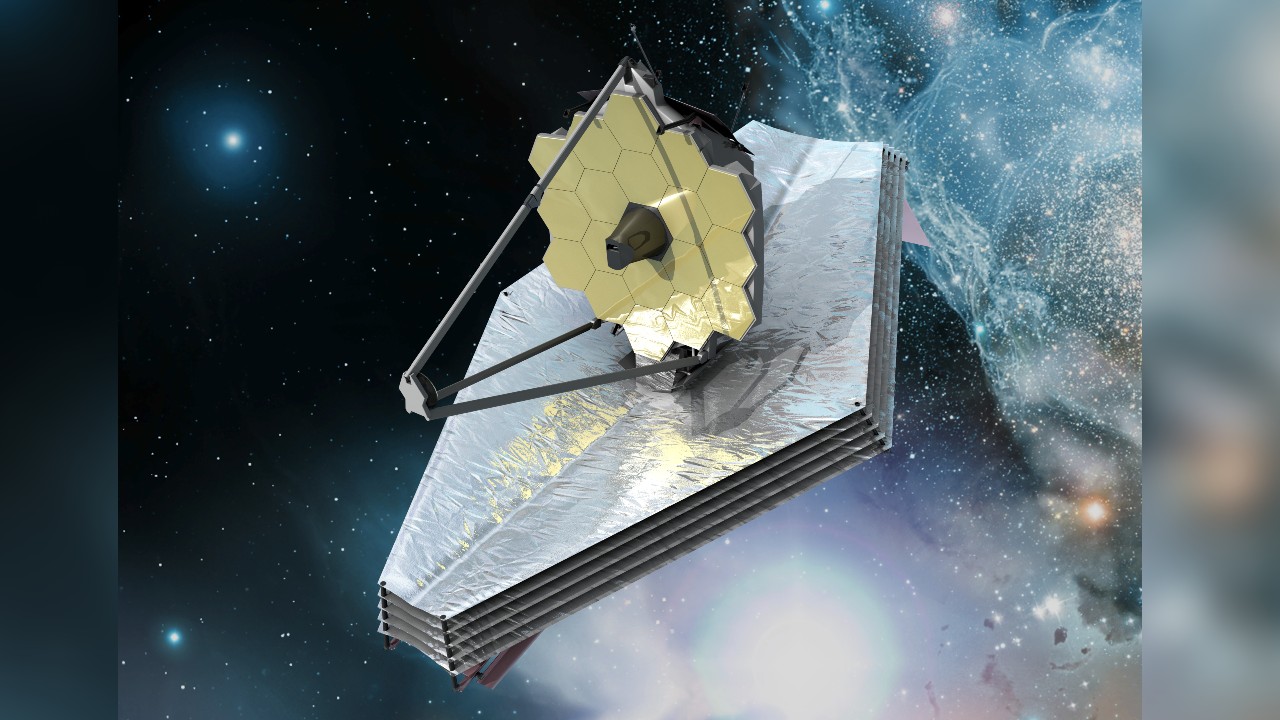
James Webb Space Telescope: Origins, design and mission objectives
By Andrew May last updated
Reference NASA's James Webb Space Telescope has launched and it's the most powerful in history, giving us the deepest ever view into our universe.
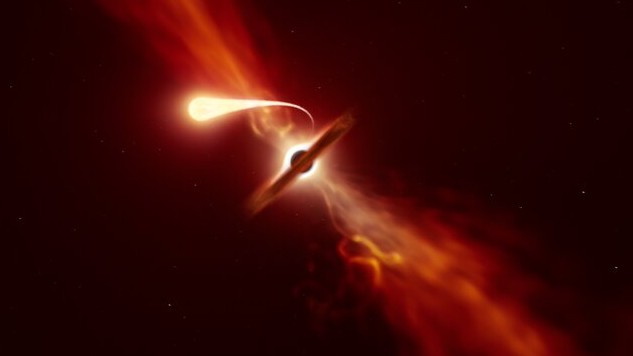
Gargantuan black hole 'switches on,' becoming one of the brightest objects ever seen
By Brandon Specktor published
A black hole 10 billion light-years away suddenly 'switched on', becoming one of the brightest transient objects ever detected.
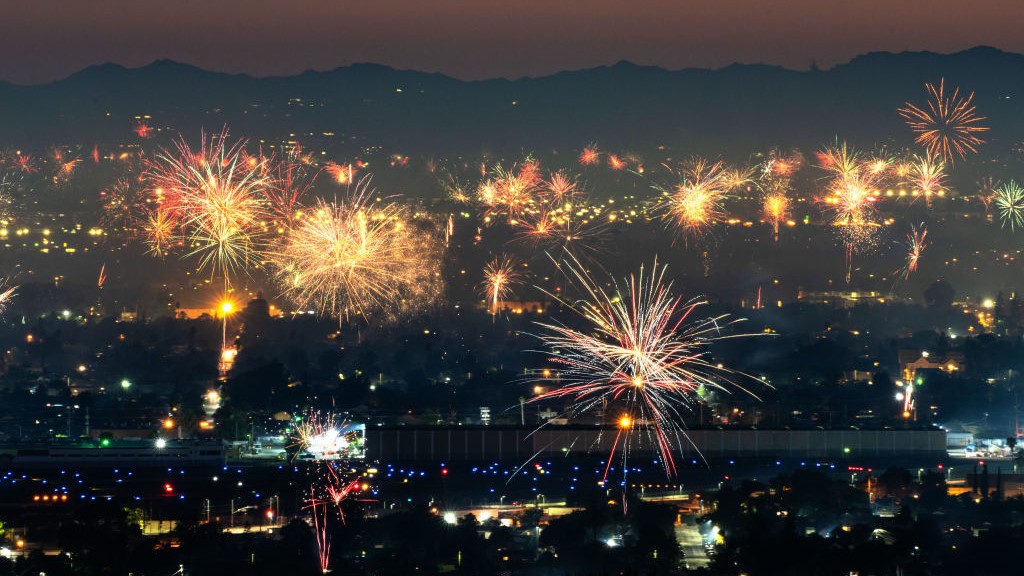
13 horrific firework injuries that will keep you cautious on July 4
By Brandon Specktor published
As July Fourth celebrations take off across the U.S., so will the number of firework-related accidents and hospital visits.
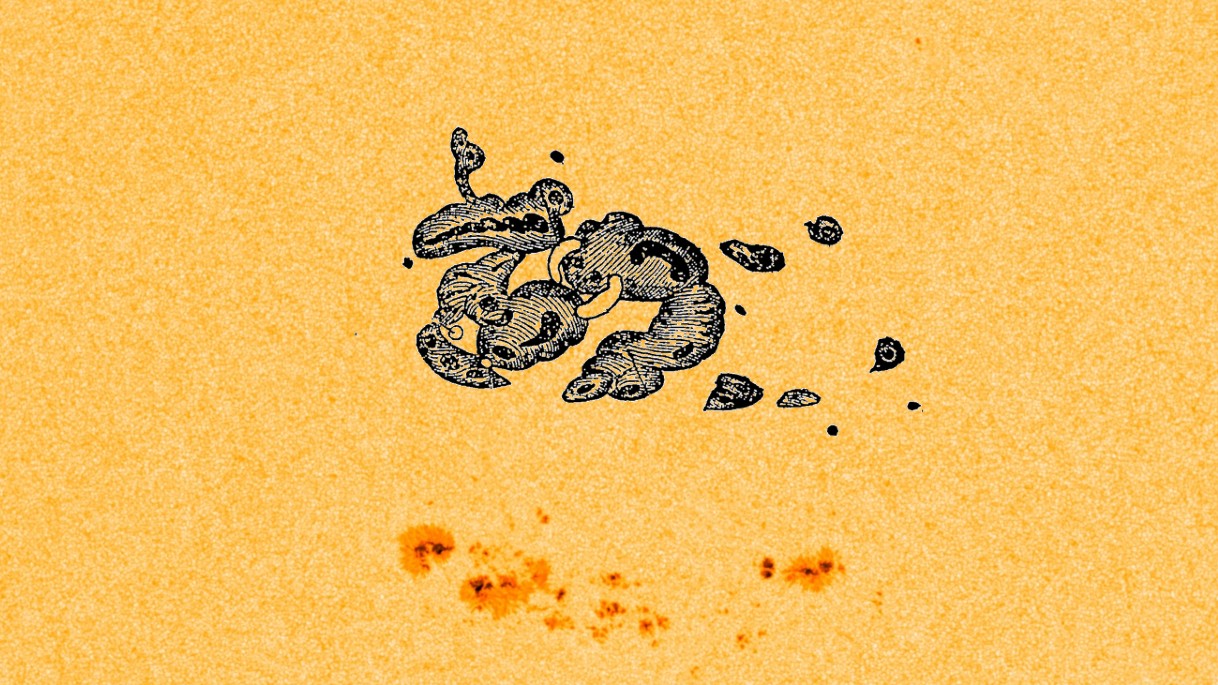
See the 'monster' sunspot that launched the Carrington Event, the most devastating solar storm in recorded history
By Brandon Specktor published
What did the sun look like before the devastating 1859 Carrington Event? Sketches from astronomer Richard Carrington hold the answer.
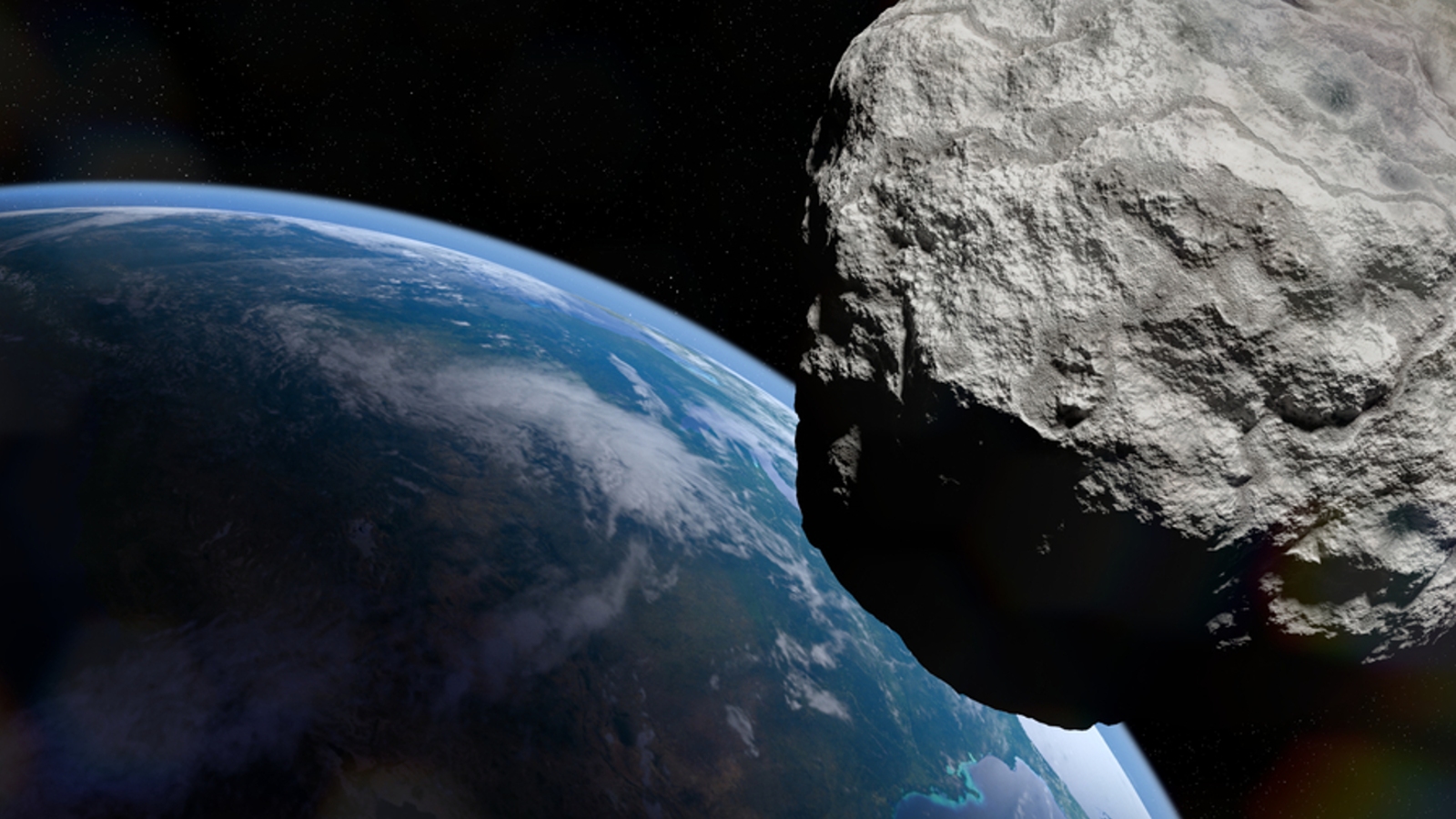
How to watch a 'potentially hazardous' asteroid the size of Earth's tallest building zoom past the planet Sunday
By Brandon Specktor published
A large, skyscraper-size asteroid will pass close to Earth Sunday night (June 11), missing our planet by a few million miles.
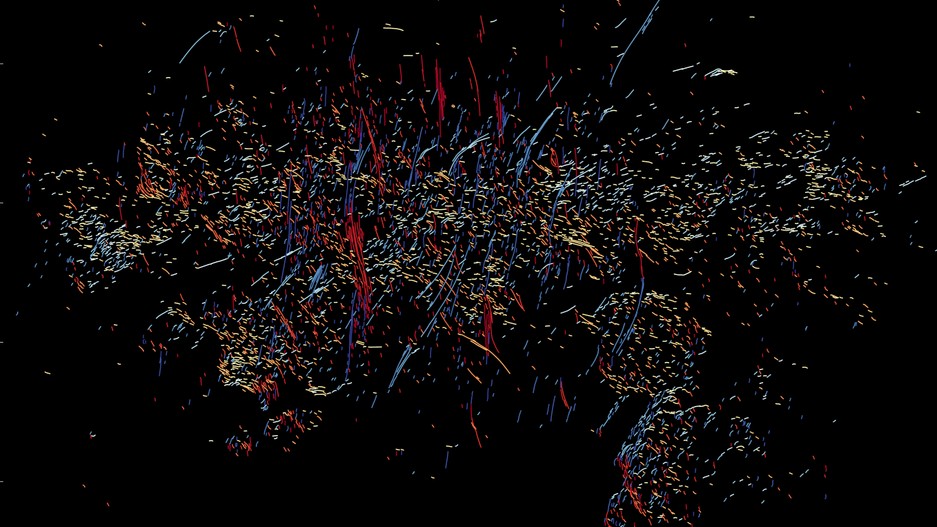
Hundreds of ancient, invisible structures discovered near our galaxy's center
By Brandon Specktor published
Radio astronomers have discovered hundreds of long, thin structures emanating from our galaxy's supermassive black hole.
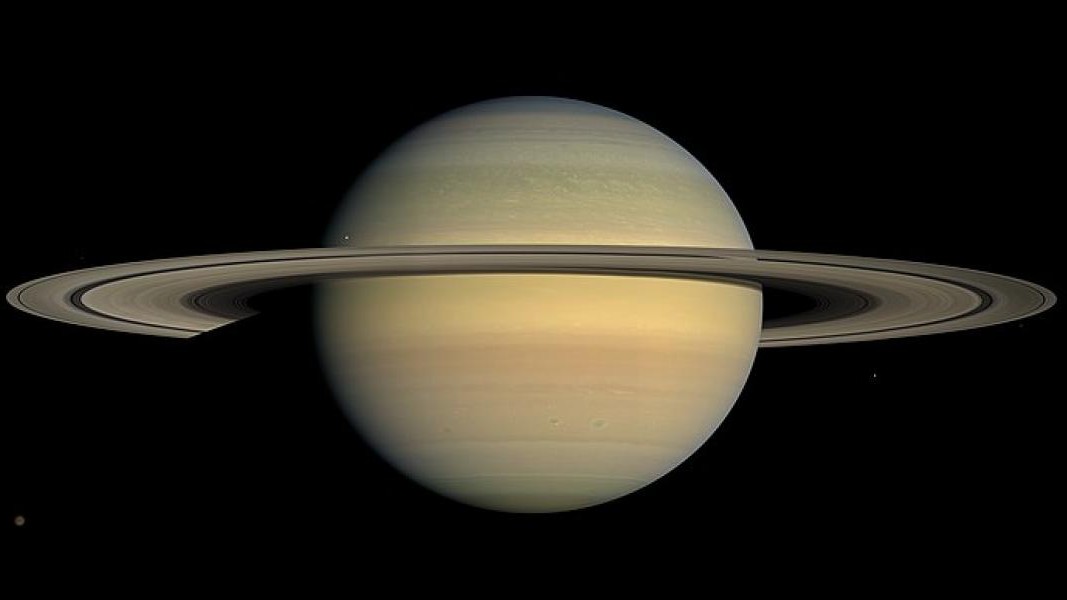
Scientists discover 62 new moons around Saturn, raising total to 145 — the most in the solar system
By Brandon Specktor published
The discovery of 62 'irregular' moons orbiting Saturn brings the planet’s total to 145 — and hints at a chaotic past.

'Runaway black hole,' or sneaky galaxy in disguise? Experts are conflicted.
By Joanna Thompson published
A rogue black hole may not be to blame for a mysterious streak of stars coursing through space, a new study suggests.
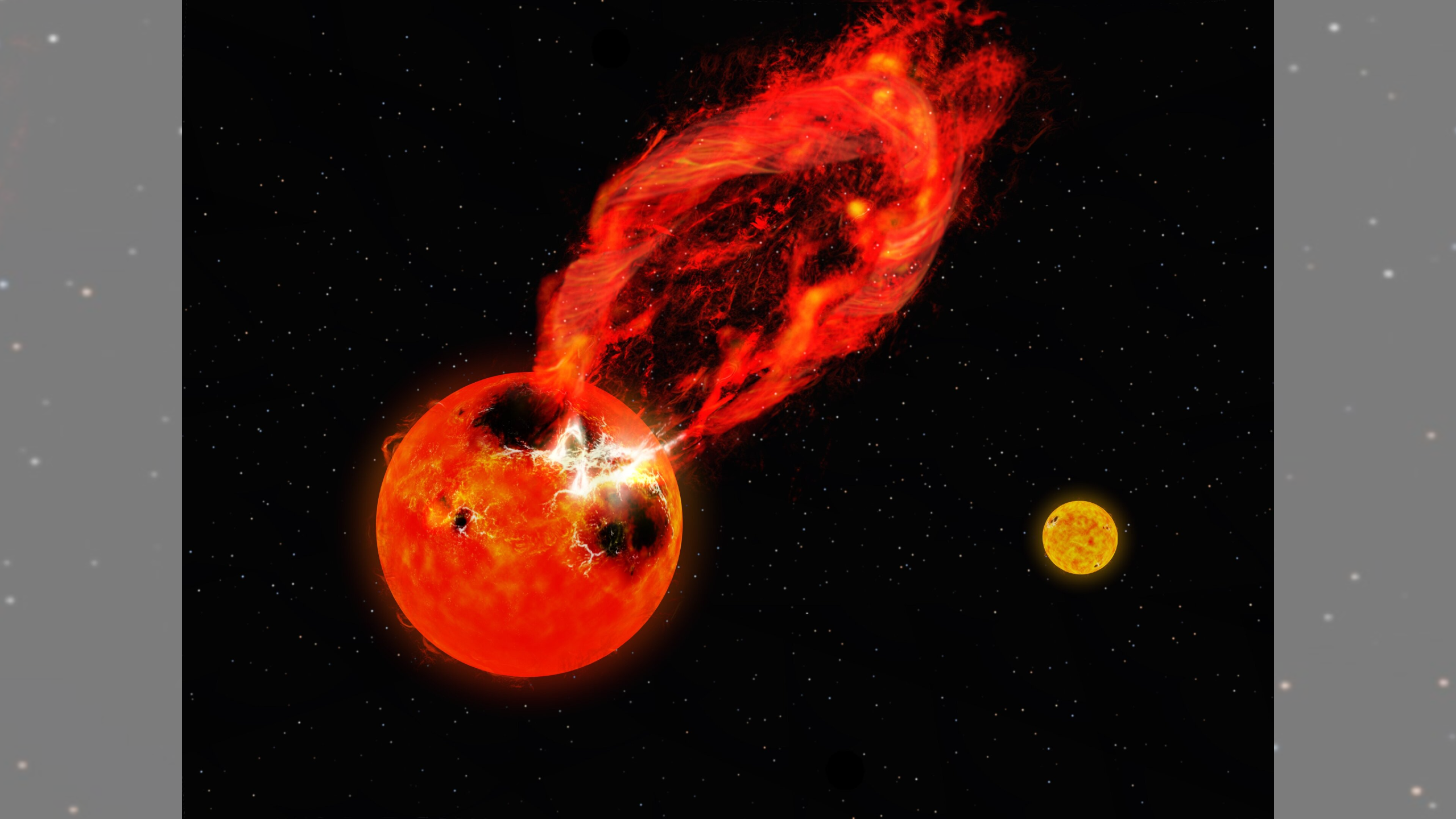
Gargantuan 'superflare' from distant star may have launched one of the strongest solar storms ever seen
By Brandon Specktor published
Scientists studying a star system in Orion witnessed one of the most powerful stellar eruptions ever seen — and it could be devastating to nearby planets.
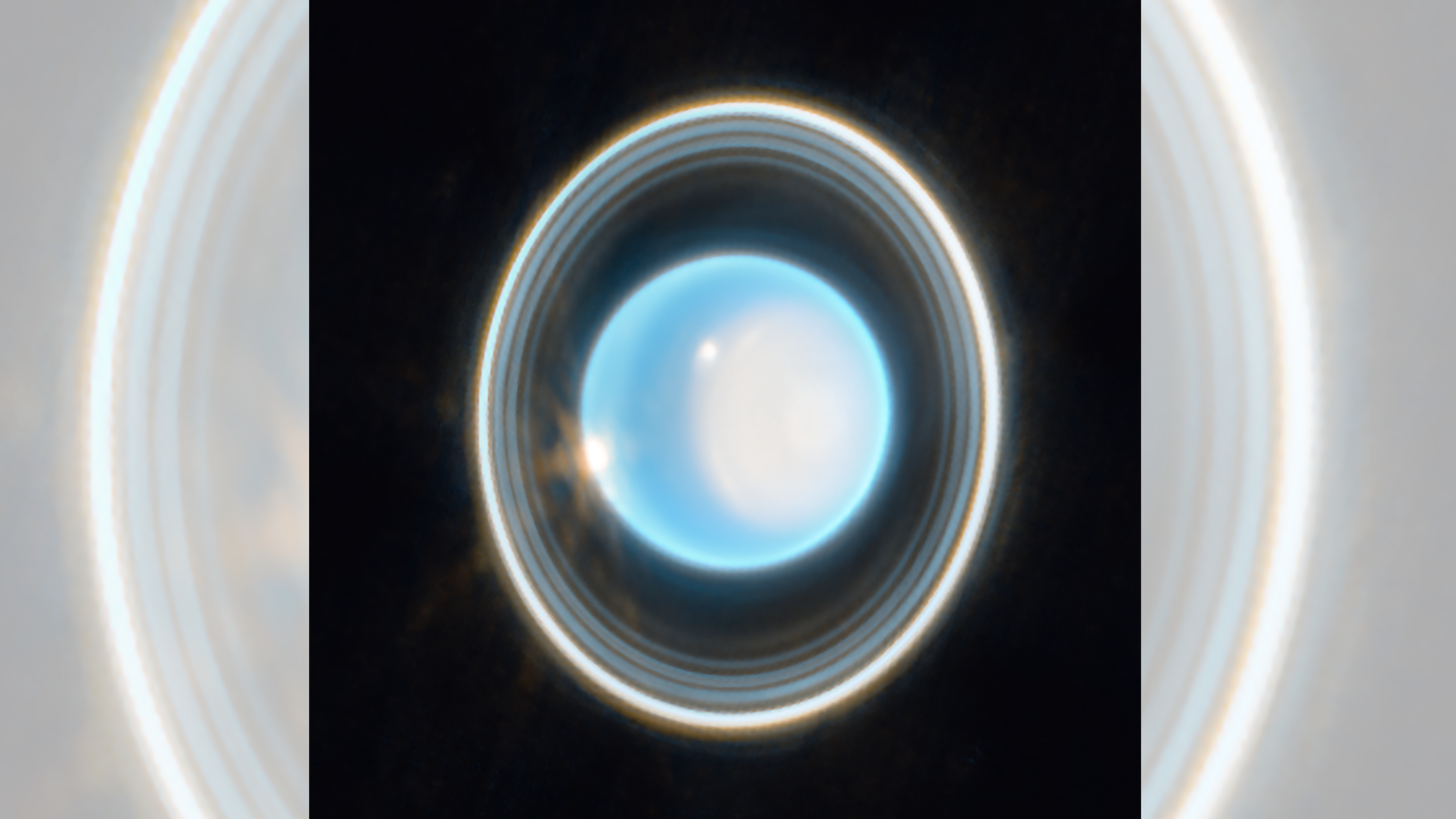
'Hidden' rings of Uranus revealed in dazzling new James Webb telescope images
By Brandon Specktor published
Astronomers zoomed in on the dusty rings around Uranus in a new series of stunning James Webb Space Telescope images.
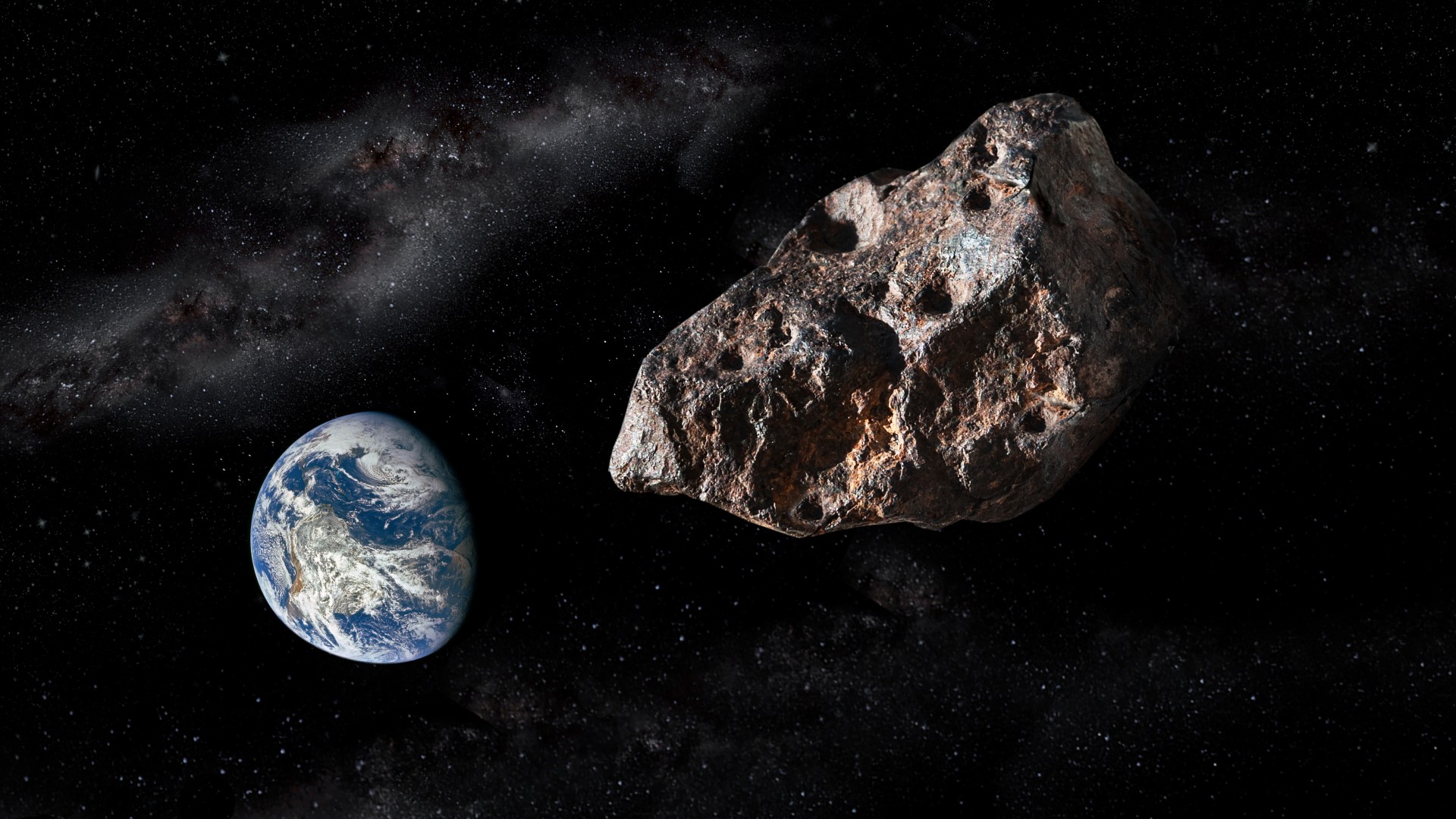
'Potentially hazardous' skyscraper-size asteroid will zip past Earth Thursday
By Brandon Specktor published
The potentially hazardous asteroid 2023 FM is larger than a 40-story building and will zoom within 7.5 lunar distances from Earth on Thursday, April 6, according to NASA.
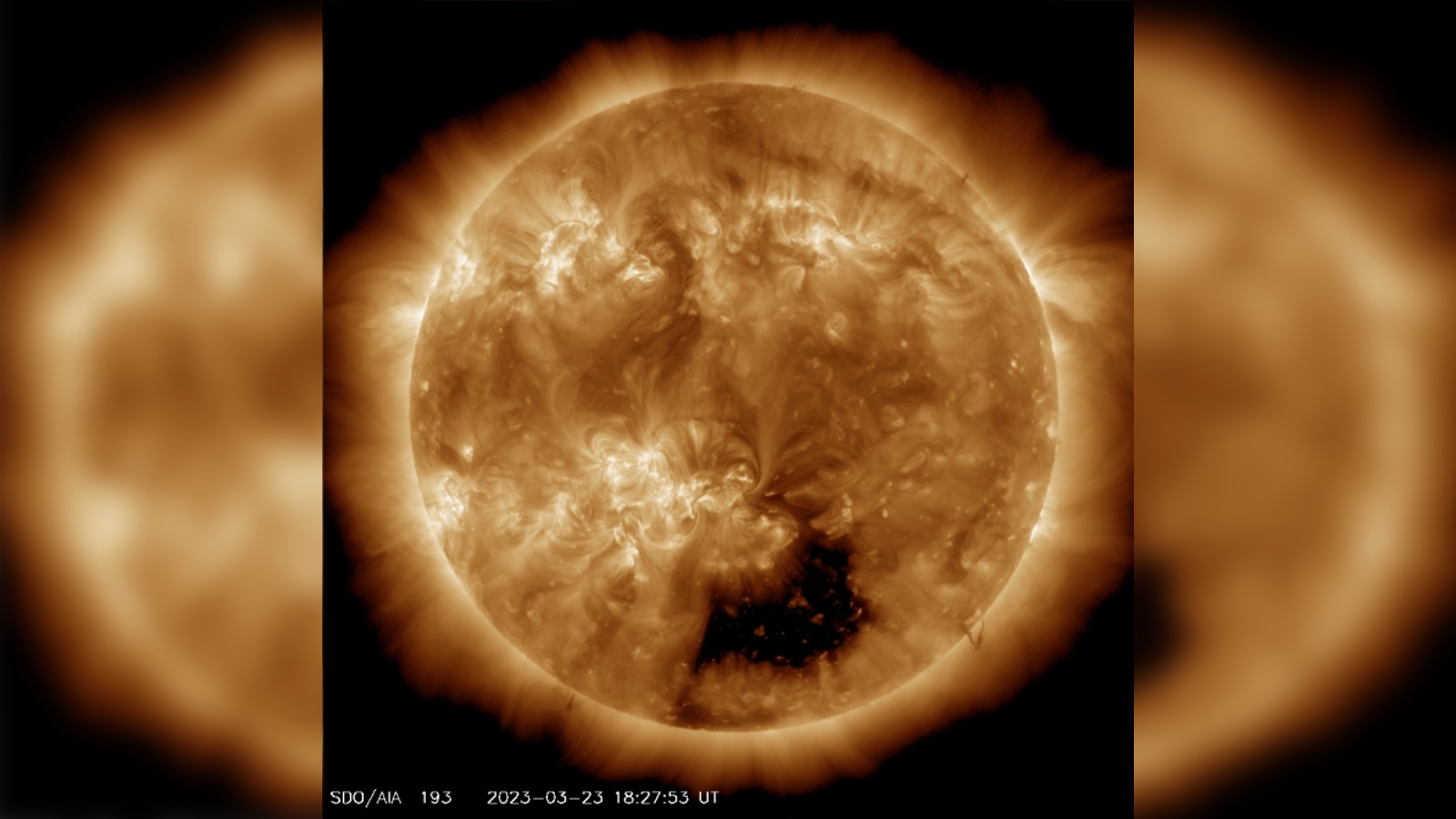
Enormous 'hole' in the sun's atmosphere will trigger stunning auroras Friday
By Brandon Specktor published
An enormous coronal hole wider than 20 Earths has opened in the sun's atmosphere, and NOAA experts predict a moderate geomagnetic storm Friday (March 24) as a result.
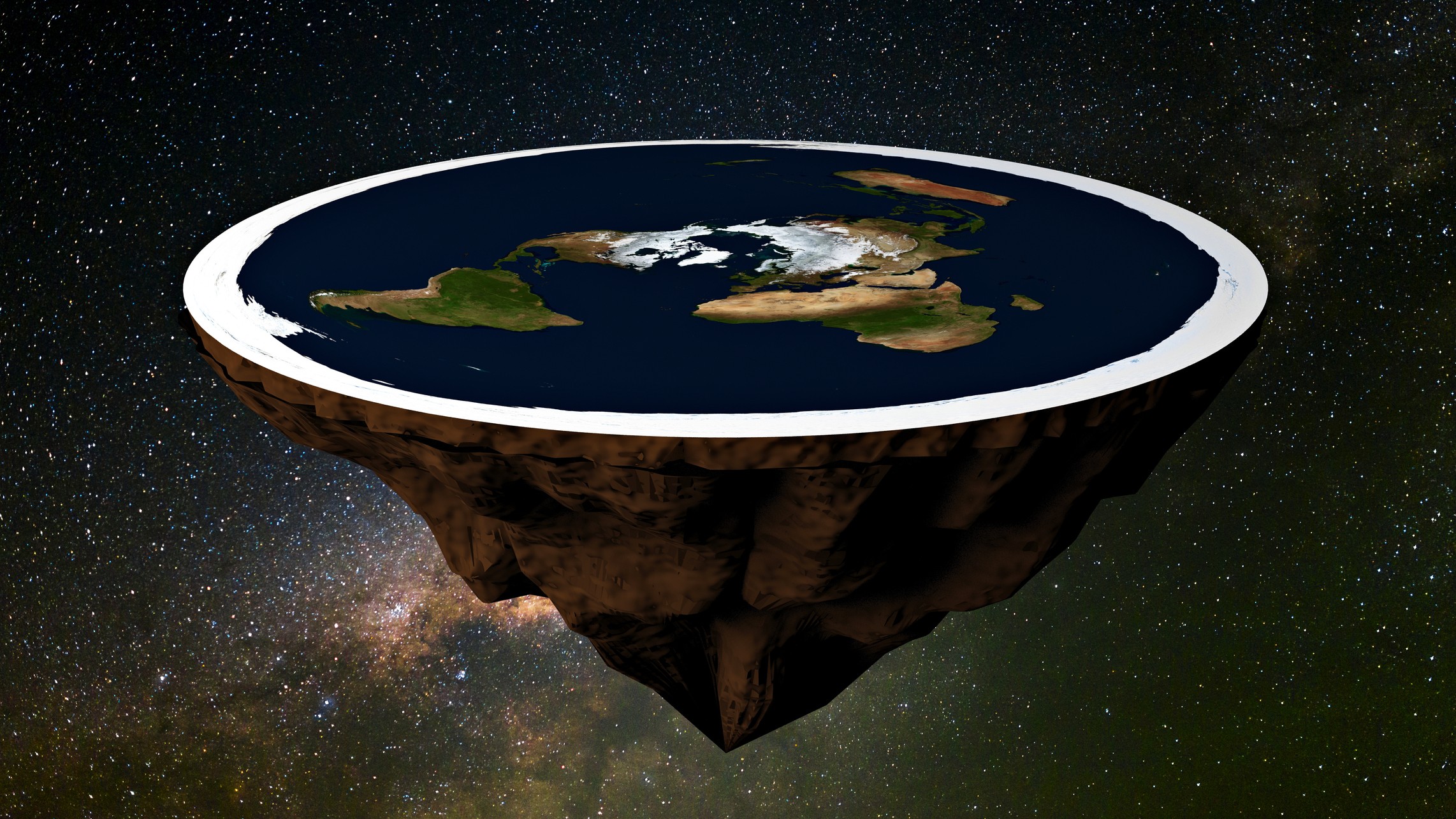
How do flat-Earthers explain the equinox? We investigated.
By Brandon Specktor last updated
Equinoxes would be physically impossible over a flat Earth, but that doesn't stop conspiracy theorists from trying to explain them.
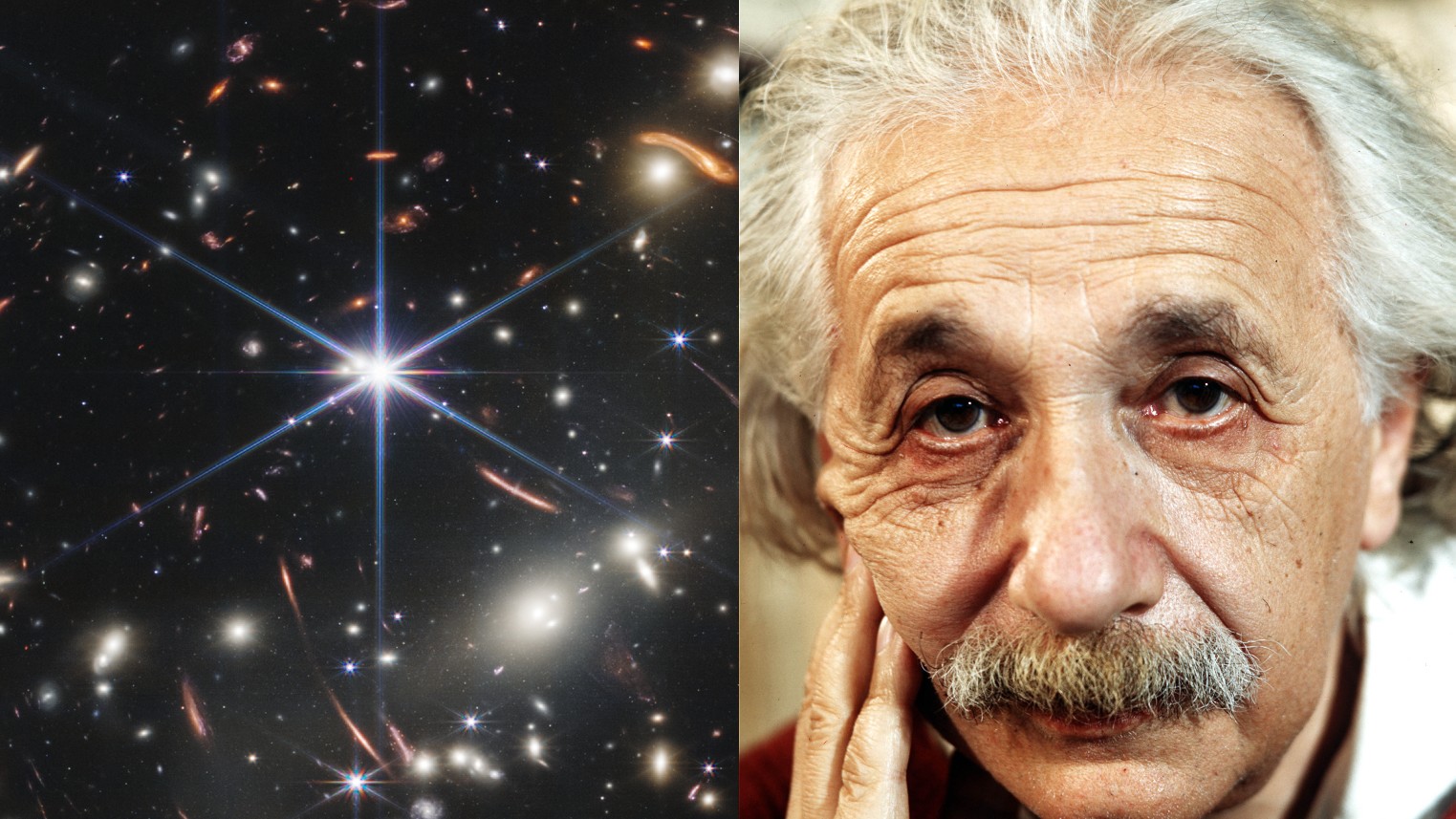
10 discoveries that prove Einstein was right about the universe — and 1 that proves him wrong
By Brandon Specktor published
Albert Einstein's theories of relativity have been proven to be true time and again in the more than 100 years following their publication.
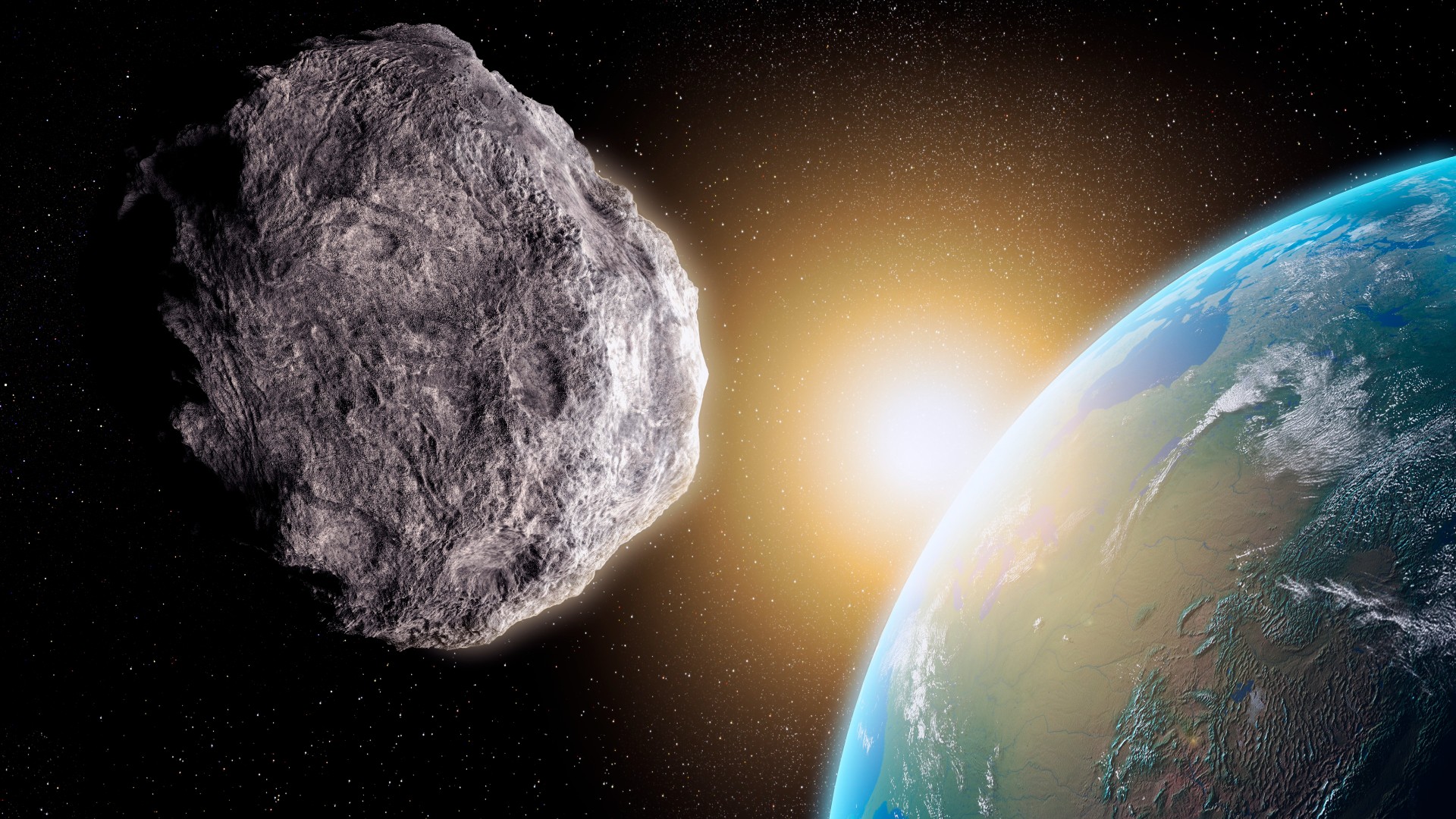
Newly discovered asteroid the size of a swimming pool has a 1-in-600 chance of colliding with Earth, NASA says
By Brandon Specktor published
The newly discovered asteroid 2023 DW could collide with Earth in February 2046, although the odds of an impact are low.

Ghostly scraps of oldest recorded supernova revealed in stunning telescope image
By Brandon Specktor published
The National Science Foundation zooms in on the tattered scraps of SN 185, which appeared over our planet 1,800 years ago and was the first supernova ever recorded in Earth's skies.

NASA confirms success of DART mission, proving humanity can deflect killer asteroids with rockets
By Brandon Specktor published
Four new studies confirm that NASA's DART mission, which crashed a rocket into the asteroid Dimorphos, changed the asteroid's trajectory and could potentially save Earth one day, given enough time to prepare.
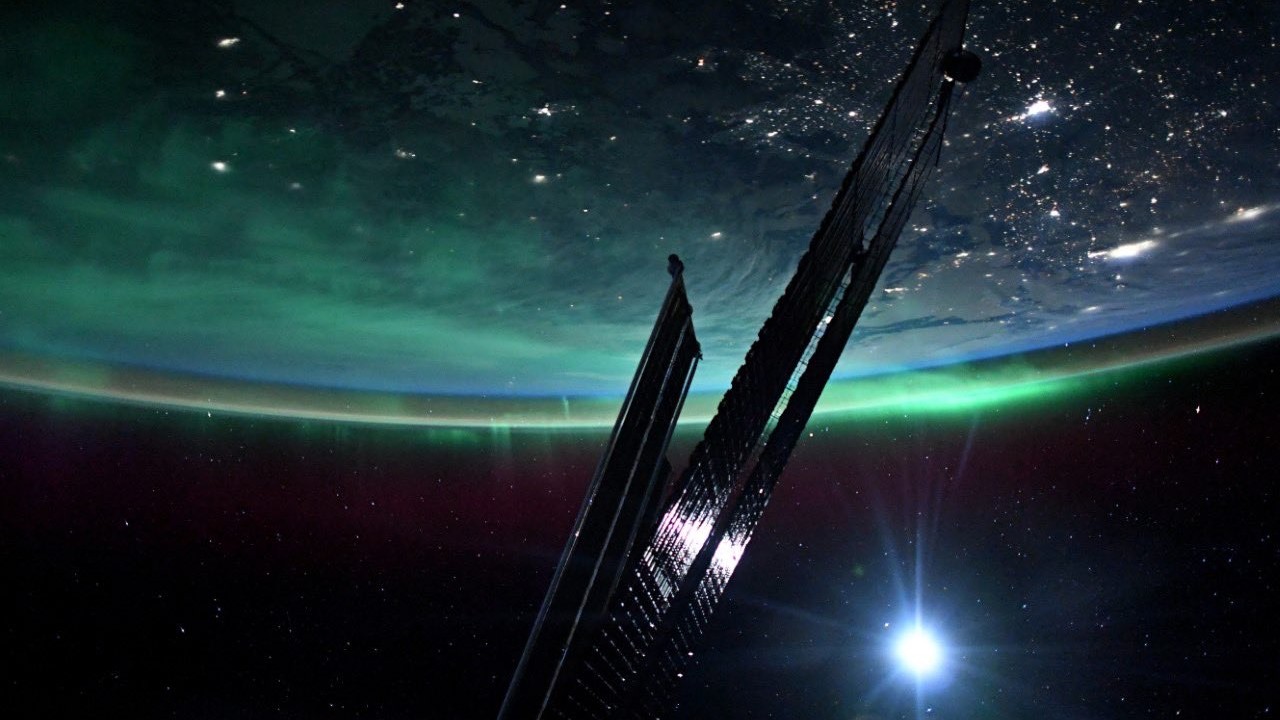
'Unreal' auroras cover Earth in stunning photo taken by NASA astronaut
By Brandon Specktor published
NASA astronaut Josh Cassada photographed a gorgeous green aurora from space, capturing the impacts of a solar storm that swept over our planet.
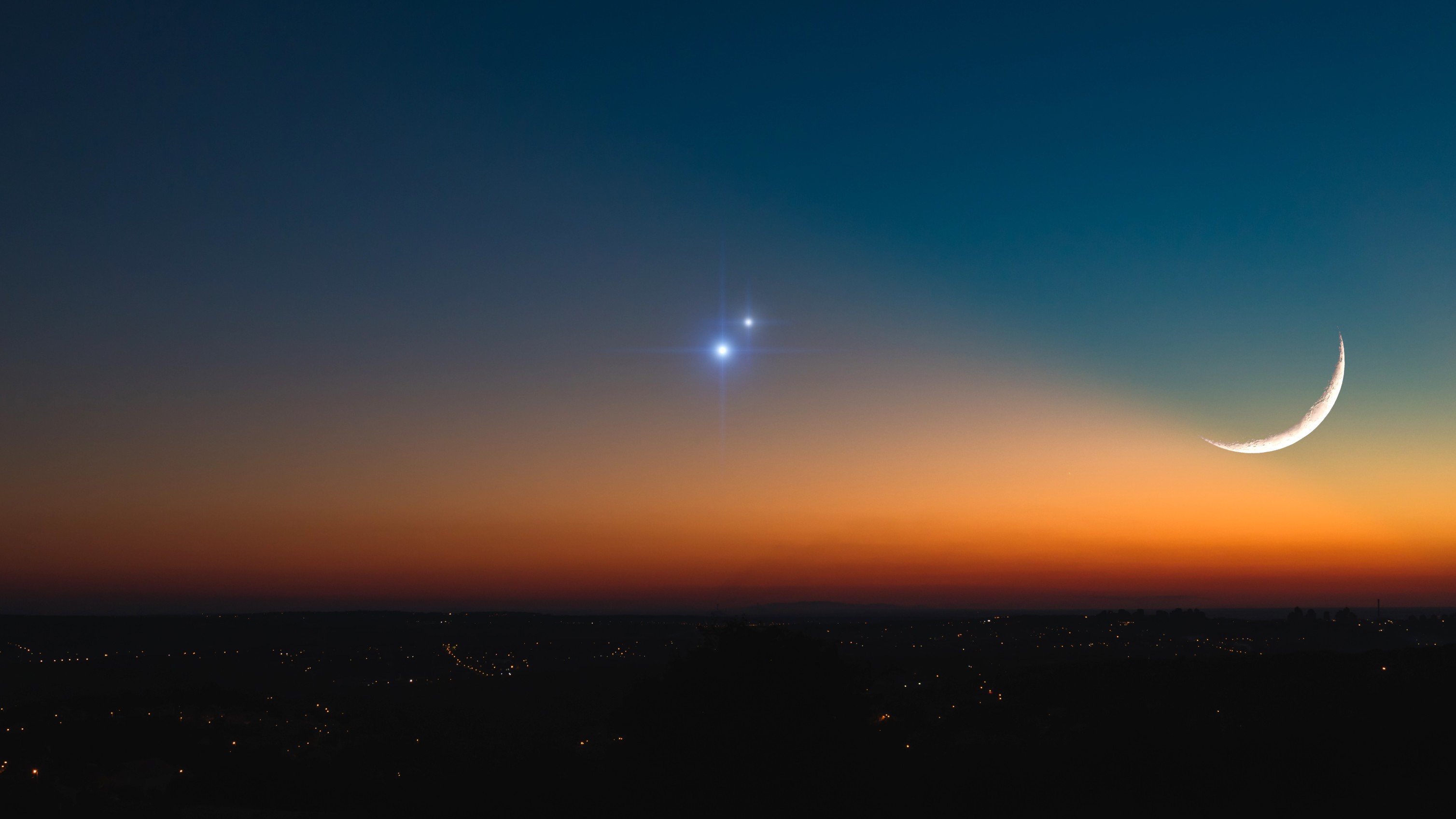
Jupiter and Venus 'kiss' in a stunning planetary conjunction tonight. Here's how to watch.
By Brandon Specktor published
On March 1 and 2, Jupiter and Venus will appear side by side in the night sky in an event called a conjunction, which is visible without a telescope or binoculars.

NASA warns of 3 skyscraper-sized asteroids headed toward Earth this week. Thankfully, they'll all miss.
By Brandon Specktor published
A trio of enormous asteroids, including two 'potentially hazardous' ones, will cross Earth's orbit around the sun this week, according to NASA. Here's what that means.
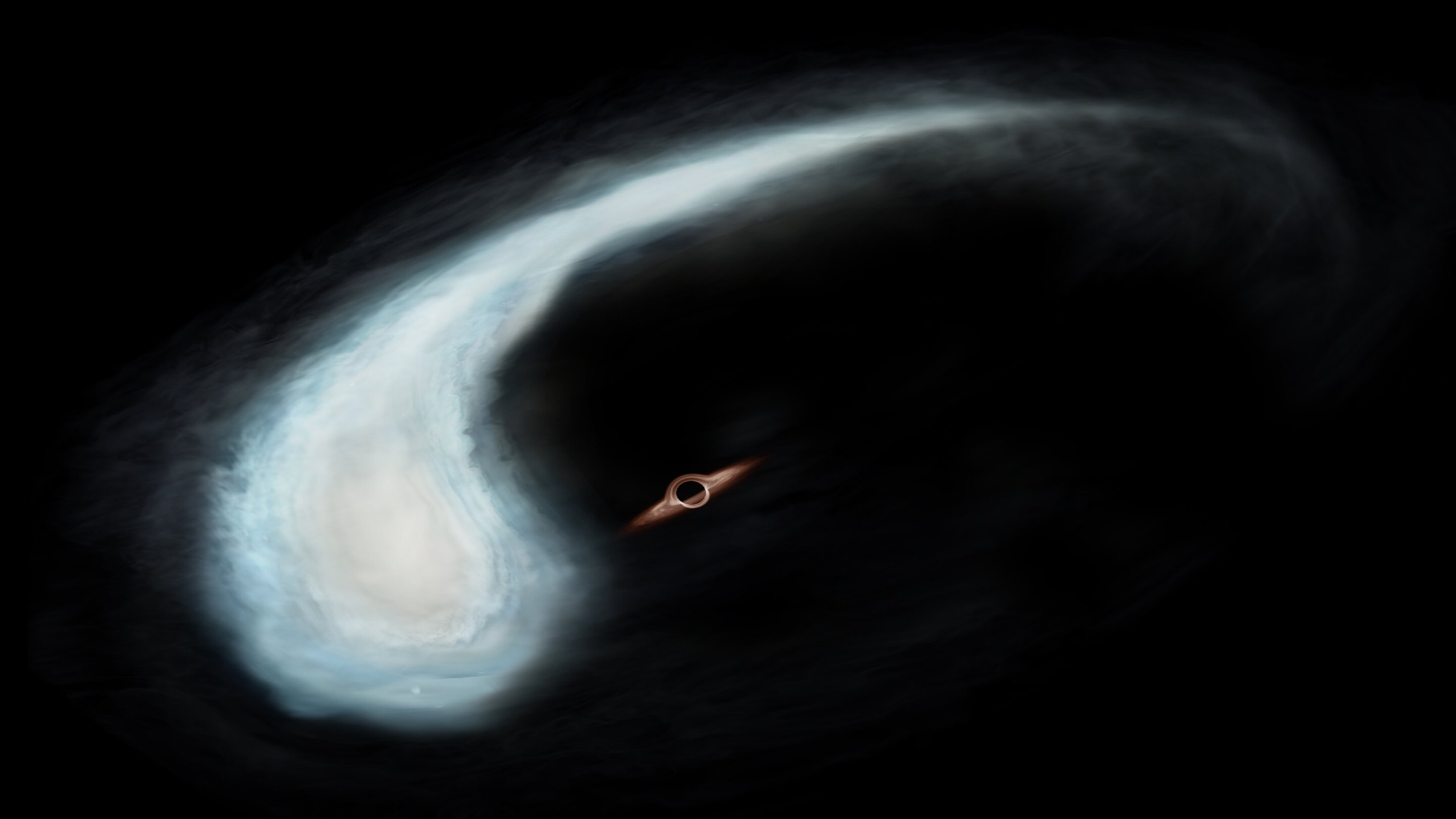
Cosmic 'tadpole' points to ultra-rare black hole hiding near the Milky Way's center
By Brandon Specktor published
Scientists detected a cloud of gas sculpted into a wonky tadpole shape near the Milky Way's center, possibly pointing to a rare intermediate-mass black hole.

Why are we seeing so many UFOs over America all of a sudden?
By Brandon Specktor published
The U.S. military shot down three unidentified objects in a single weekend. Why are America's skies so filled with UFOs all of a sudden?
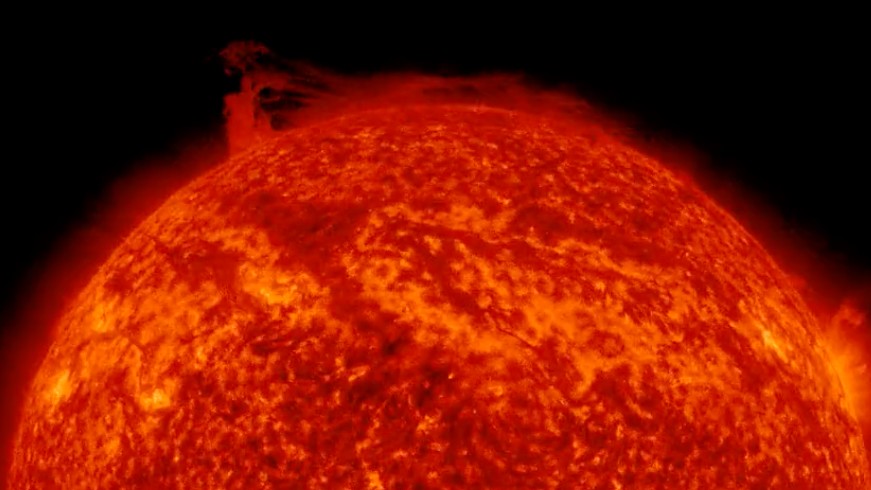
Enormous 'polar vortex' on the sun is unprecedented, scientists say
By Brandon Specktor published
A long, looping filament of plasma snapped over the sun's north pole, creating a 'polar vortex' that scientists can't explain.
Sign up for the Live Science daily newsletter now
Get the world’s most fascinating discoveries delivered straight to your inbox.
